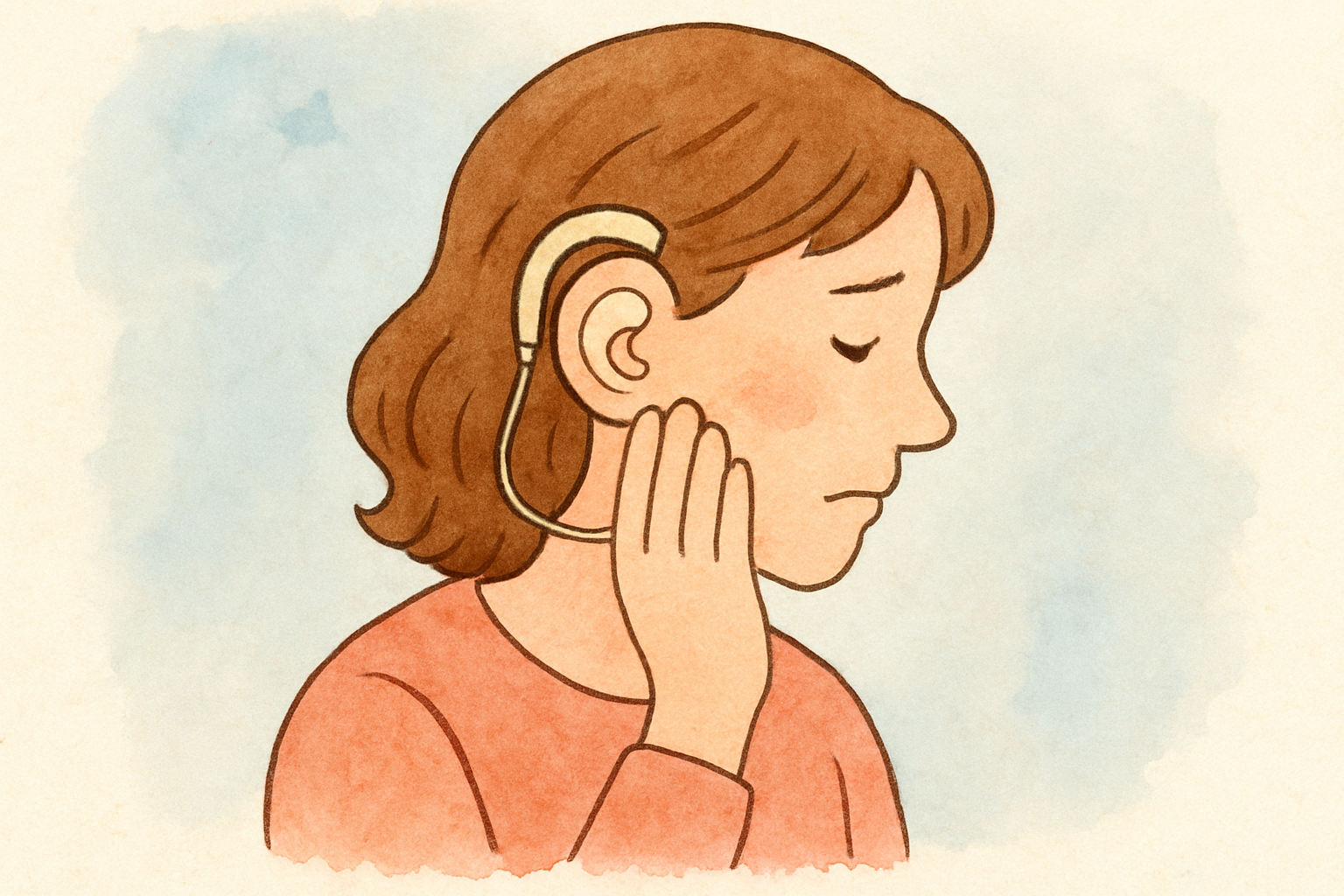Meet Ruaidhri Austin
Ruaidhri Austin is a partner at Lacey Solicitors, specialising in personal injury, insurance claims, clinical negligence, and data protection claims. With extensive experience representing clients across Belfast and Northern Ireland, Ruaidhri has built a reputation for handling both routine and highly unusual cases. His expertise ensures that victims receive the compensation and legal protection they deserve, even in complex or uncommon scenarios.
Q: Ruaidhri, you handle a wide range of claims. Can you tell us about some of the more uncommon personal injury cases you’ve encountered in Northern Ireland?
Ruaidhri Austin: Absolutely. While slips, workplace accidents, and car crashes are the types of cases most people expect, I’ve also dealt with a variety of unusual cases across Northern Ireland. These include injuries caused by animals, unexpected accidents in public spaces, rare workplace incidents, and complex clinical negligence situations. Though uncommon, these cases can have serious consequences for the victims.
Animal-Related Injuries
Q: Injuries involving animals don’t happen every day. What kinds have you dealt with?
Ruaidhri Austin: Animal-related accidents can sometimes be more complex than they appear. One case early in my career really illustrates this. I acted for the owner of a dog in a claim brought by the family of a young girl who alleged she had been bitten. The family sought significant compensation, providing photos of bruising on the child to support their claim.
The dog, a Border Collie, had been on a lead and was walking close to the girl when she fell backward, bruising her buttocks. To challenge the claim, we instructed medical and veterinary experts to assess the bruising and compare it to the type of marks a dog bite would leave. The expert evidence showed that the bruising was virtually impossible to have been caused by the dog.
This evidence was presented in court in Belfast, and the judge ultimately dismissed the case. Cases like this highlight the critical role of expert evidence in personal injury claims, especially in uncommon scenarios involving animals.
Workplace “Freak” Injuries
Q: What do you mean by “freak” workplace injuries?
Ruaidhri Austin: These are highly unusual accidents that involve very specific circumstances. One particularly serious case involved a construction worker in Crumlin. While walking past a crane on site, the crane snapped and landed on him. He sustained significant injuries and was extremely lucky to survive.
The company denied liability, claiming the accident was unforeseeable. However, we relied on the lack of proper risk assessments and inspection records for the crane to show that the accident could have been prevented. Through careful evidence gathering and expert input, we were able to secure compensation for our client.
Another example involved a lab technician injured by a rare chemical reaction, causing severe burns. These cases show that even seemingly unforeseeable or “freak” accidents can lead to successful claims when handled correctly.
Public Place Accidents
Q: What about accidents in public areas?
Ruaidhri Austin: I’ve handled several unusual public place injuries, and one of the most memorable was actually my first ever personal injury case. The client had fallen on a raised concrete plinth kerb outside a social club in the dark. At one stage, the plinth had likely held bollards, but they had since been removed.
The defence argued that:
- The lighting was adequate, providing photos to support their position.
- The plinth was no different from a standard kerb, at a suitable height, and that the client was responsible for her own misfortune.
Unknown to the defence, we had arranged investigators to attend the site a day or two after the incident to assess the lighting conditions. Their photos showed that the lighting was very different from what the defence relied on. In addition, we engaged one of Northern Ireland’s foremost engineers to assess liability. He not only reviewed the plinth itself but also surveyed the surrounding area to identify other similar features. He found several other plinths, all painted yellow except for the one the client had fallen on.
Faced with this overwhelming evidence, the defence ultimately settled for significant damages on the morning of the hearing. This case highlighted the importance of investigators, expert engineering evidence, and meticulous preparation in public place injury claims.
Clinical Negligence and Medical Mishaps
Q: Do you also handle clinical negligence cases?
Ruaidhri Austin: Yes. One notable case involved a lady who underwent breast augmentation surgery. The surgery left her in significant pain, and we were able to prove that the surgeon had improperly handled the implants, which resulted in infection and ongoing discomfort. We secured significant damages, including the cost of the surgery, to address both the physical and financial impact on the client.
Another example involved a hospital misdiagnosis of a rare condition, which delayed treatment and caused serious complications. These cases demonstrate the importance of detailed medical investigation and expert testimony in clinical negligence claims.
Sporting and Recreational Injuries
Q: Are unusual sports or recreational injuries something you handle?
Ruaidhri Austin: Occasionally. One notable case involved a student in Belfast who was playing on his university’s 3G pitch. He fell inexplicably during a game, and the fall was captured on camera. Importantly, he was not tackled and there was no one around him, yet he sustained two fractured ankles.
We engaged experts from London to inspect the pitch, and they found that the playing surface had fewer pile tufts than required, creating an unstable surface. The pitch had a tuft retention problem that had not been addressed, which directly caused the fall.
With this expert evidence, we were able to demonstrate liability, and our client settled his case in the High Court of Northern Ireland. This case highlights how even seemingly inexplicable sporting injuries can have a clear cause and how expert investigation is crucial in uncovering it.
Are You Eligible for Compensation for Uncommon Injuries?
Ruaidhri Austin: Absolutely. If you’ve been injured in Northern Ireland due to unusual circumstances—whether in the workplace, public spaces, through an animal, sports, or medical negligence—you may be entitled to compensation. A solicitor experienced in uncommon injury claims can guide you through the legal process, protect your rights, and ensure you’re not left out of pocket.
Contact Lacey Solicitors today to discuss your potential claim. Even rare or unusual injuries can qualify for financial redress, and early legal advice is key.















